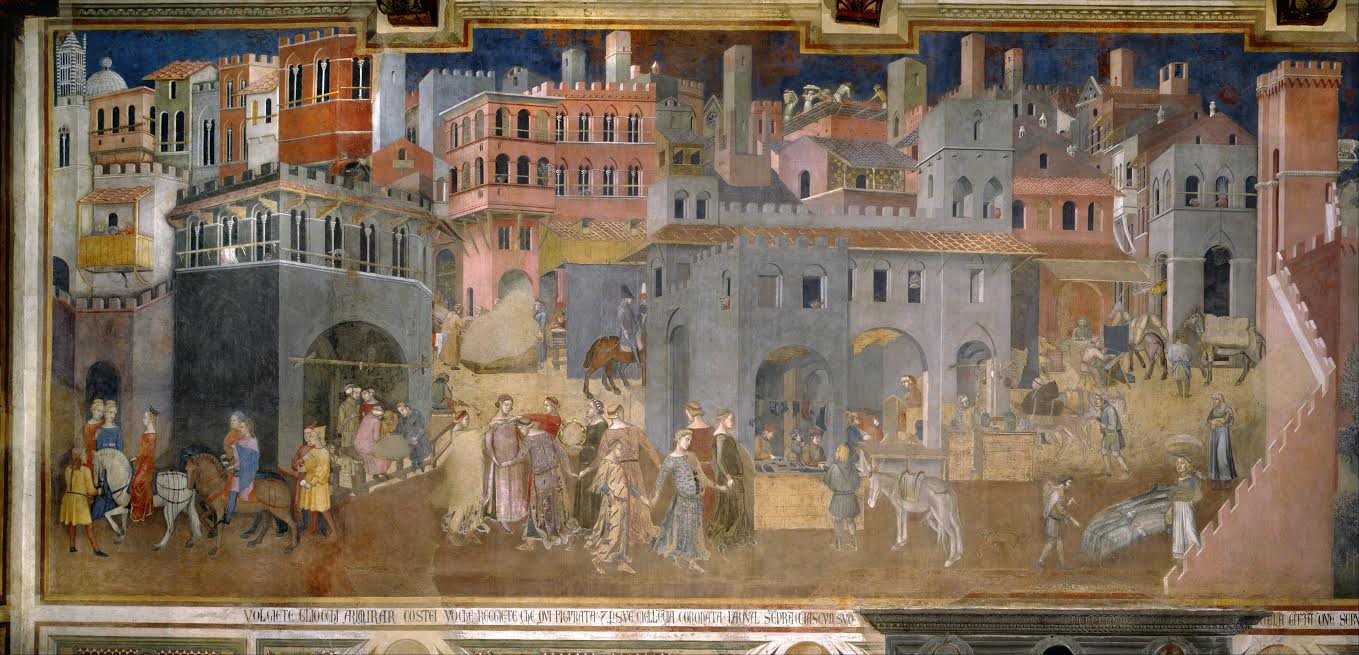October 2016 was a simpler, more innocent time. We were all youths, wet behind the ears; we look back at ourselves with a kind of bemused affection. Rod Dreher assumed, surely—we all assumed—that Hillary Clinton would win in November, that all would continue as it had been. This was the context for Dreher’s specific fears about the infringement of religious liberty, the legal whittling away of conscience protections, and so on.
Login to read more
Sign in or create a free account to access Subscriber-only content.
